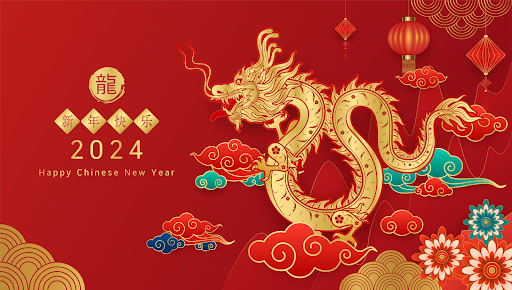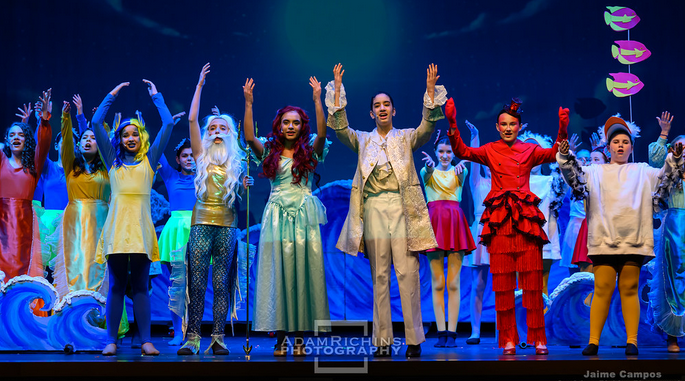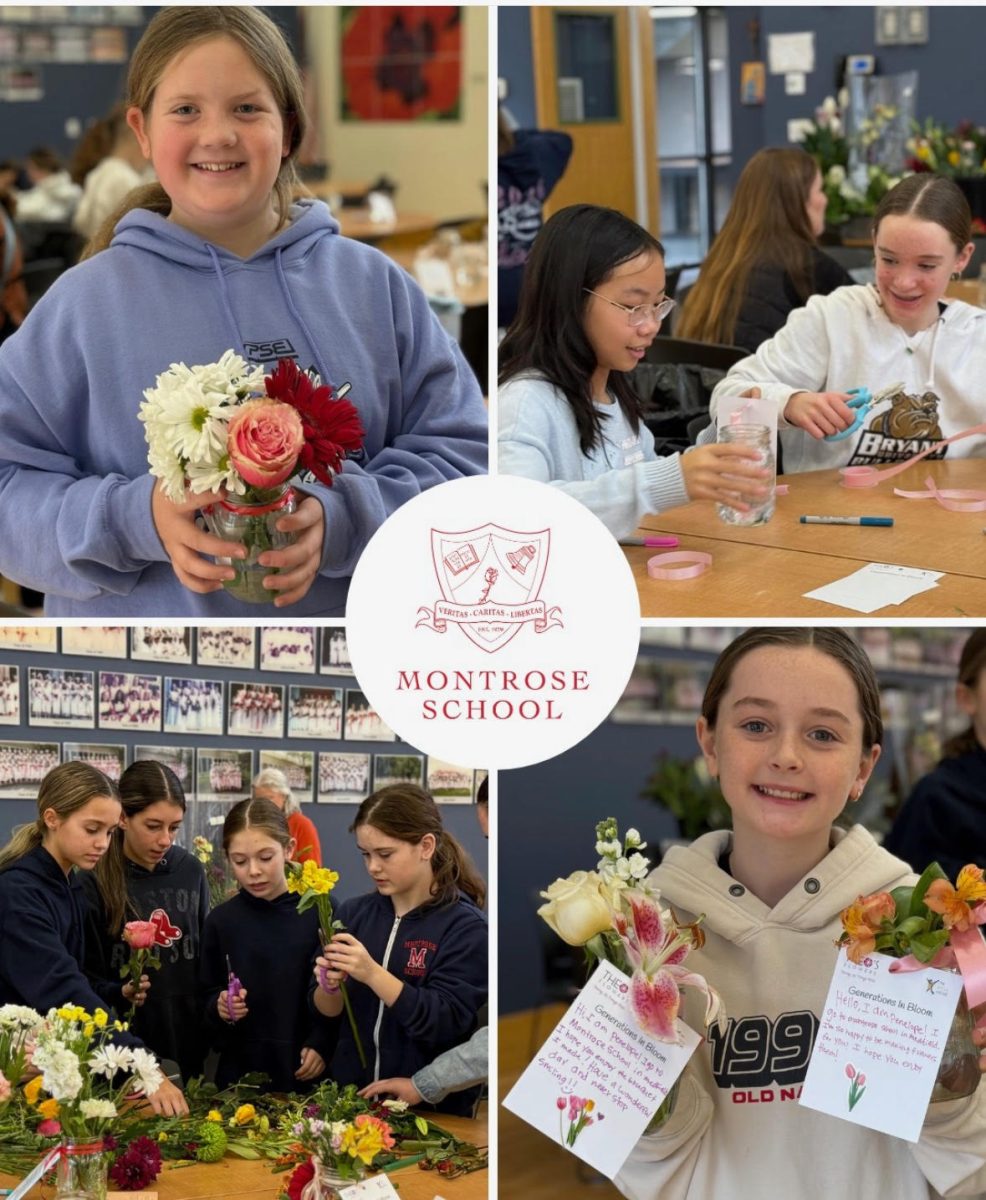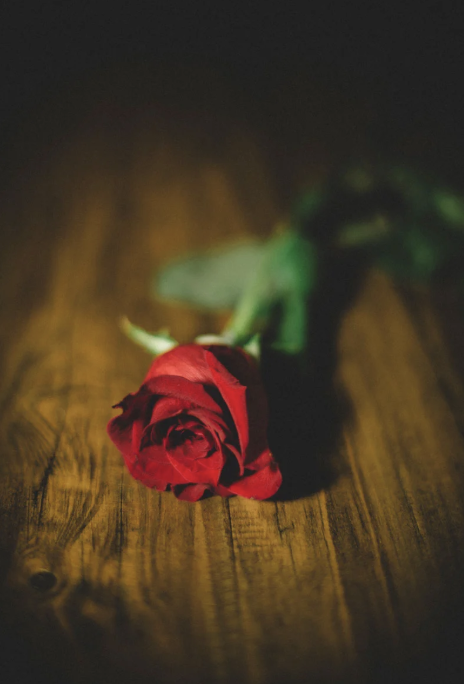Happy New Year! Oh wait, not that New Year. Happy Lunar New Year! Lunar New Year is a fun holiday celebrated all around the world in many different countries on many different days. This year, it takes place on February 10th. Each year is paired with one of the 12 animals admired in Chinese culture: Rat, Ox, Tiger, Rabbit, Dragon, Snake, Horse, Goat, Monkey, Rooster, Dog or Pig. The cycle alternates from animal to animal, associating the year with a different virtue. This year is the Dragon’s turn. Dragon years are associated with power, honor, strength, luck, and success. Folklore tells us that these royally powerful creatures are a benevolent force for society and they invoke prosperity. Lucky people born in an auspicious year of the Dragon are thought to be notably charismatic and influential in nature.
The New Year celebration is centered around removing the bad and the old and welcoming the good and the new. In traditional Chinese culture, it is a time to worship ancestors, exorcize evil spirits, and pray for a good harvest. Today, it is also celebrated by Chinese communities outside the country. Lion dances, dragon dances, temple fairs, and flower market shopping are just a few ways to experience the rich and colorful activities of Lunar New Year for yourself!
Lunar New Year is a holiday that revolves around family. Just like Christmas, family members near and far travel home to spend time together and exchange well wishes for the coming year. Traditionally, families eat longevity noodles, oranges, sticky rice balls, and mooncakes, just to name a few. Longevity noodles, like the name, symbolize having a “long” and prosperous life. People believe that eating longevity noodles is a way to lengthen their lives. Although it seems weird, oranges are also quite popular for Lunar New Year. They are believed to bring luck and happiness! Additionally, the Chinese word for orange closely resembles the word for luck. The orange-gold color of oranges and tangerines also symbolizes prosperity. Mooncakes, a Chinese bakery delicacy, are also traditionally eaten during festivals throughout the year. Aside from the taste, mooncakes also have a meaning behind them. The roundness of the mooncake symbolizes completeness and togetherness. Also, a full moon symbolizes prosperity and reunion for the whole family, thus the name “moon” cake.
If you want to experience the celebration of Lunar New Year for yourself, you do not have to fly to Asia! In the U.S., where there are substantial ethnic Chinese populations, Lunar New Year festivals and parades are held each year. Some of them feature the traditional dragon dances, which highlight the communal aspect of Lunar New Year festivities. Over the centuries, the coming together for the Lunar New Year celebration has remained an important part of the cultural heritage of Chinese families, connecting the past to the present, wherever they happen to be.
By Sarah Tea ‘30, Staff Writer



















